Chapter 14
Personal Selling and Sales Promotion
By Boundless

Personal selling is when salespersons use a process to engage customers and take a sales order that may not otherwise have been made.

Personal selling minimizes wasted effort, measures marketing ROI better than most tools, promotes sales, and boosts word of mouth marketing.
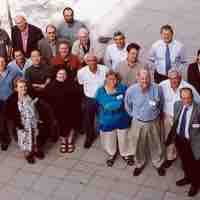
Prospecting starts with defining a narrow target market, identifying the customer's wants, and then offering custom solutions.

The preapproach is when you gather relevant information regarding the prospect in order to create a customized sales presentation.

How you approach a sales pitch in terms of attitude, prospect knowledge, and customized product will determine your success.
A well-prepared sales presentation will engage prospects with relevant information and entice them to make a purchase commitment.

The prospect may object to points made in the presentation, so the salesperson should be prepared to listen and address those concerns.

Closing refers to the achievement of the desired outcome, which may be the exchange of money or the acquiring of a signature.

Following-up will build customer satisfaction, maximize long-term sales volume, and if a sale has not been made, it may lead to a sale.
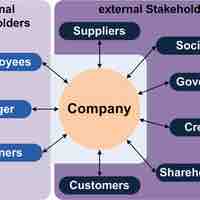
Customer relationship management is a widely used model for managing a company's interactions with customers, clients, and sales prospects.

Proactive representatives tend to fall in to one of two main categories: Hunters and Farmers.

Passive representatives don't like to sell, but are generally friendly and will take your order if you place one.

Consultants are problem solvers who ask questions about their prospect's business in order to meet their needs and close a sale.

Support personnel provide after-sales or technical assistance to customers, including functions ranging from engineering to marketing.
Creating the proper sales force structure, territoires, and goals leads to customer, sales force and firm satisfaction.

Salespeople who have the best characteristics, and who fit the company ethos, should be chosen during the recruitment process.

In general, training provides many diverse benefits both to the company as well as to the salesperson.
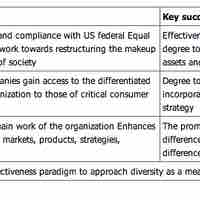
Employees are best motivated through effective job design, equitable compensation, and treatment as stakeholders in the company.
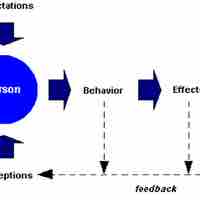
Appraisals are the common form of measuring how well an employee performed compared to a set of stated objectives; feedback communicates these evaluations.
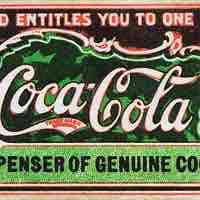
A coupon is a ticket or document that can be exchanged for a financial discount or rebate when purchasing a product.

A rebate is an amount paid by way of reduction, return, or refund on what has already been paid or contributed.

Premiums are prizes, gifts, or other special offers consumer receive when purchasing products.
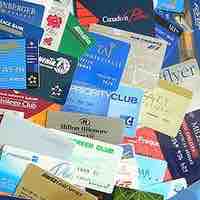
Loyalty marketing is an approach whereby a company focuses on growing and retaining existing customers through incentives and rewards.

Contests and sweepstakes are two forms of sales promotions which attract consumers by offering them the chance to win a valuable prize.

A free sample is a portion of a product given to consumers at no cost for their trial with the aim of driving product adoption.

Point-of-sale displays are sales promotions that are placed where they can easily draw customer attention and trigger impulse buying.

Online sales promotion can create personal relationships, channels of communication, and an exchange of information regarding a product.




